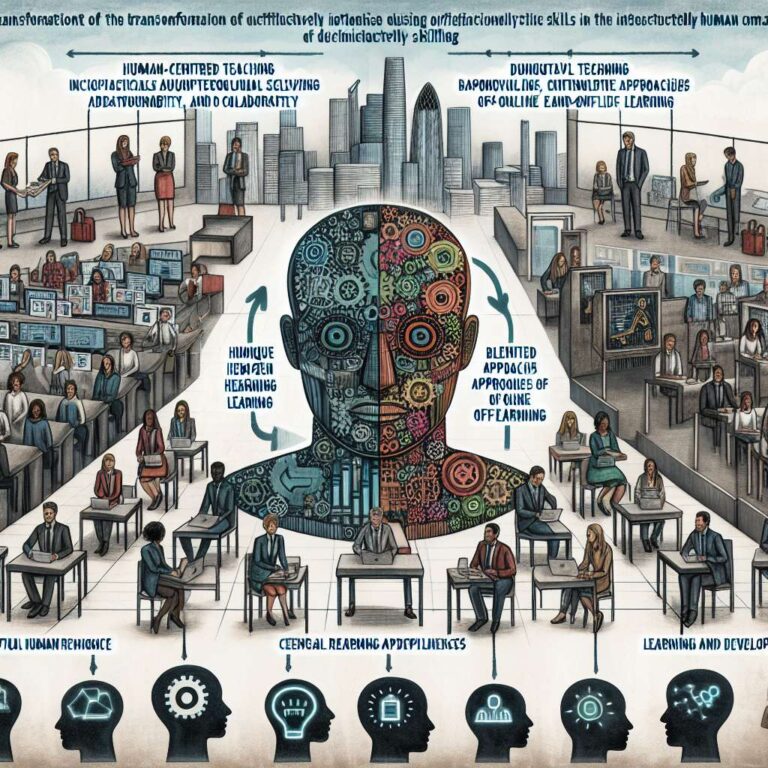With artificial intelligence rapidly permeating UK business environments, companies face mounting pressure to reorganise workforce skills to thrive in an increasingly automated economy. Hemsley Fraser´s 2025 survey of 1,000 UK firms and learning professionals highlights that human or ´social-creative´ skills—spanning collaboration, adaptability, and complex problem-solving—remain crucial despite the rise of digital tools. Yet, despite recognition of their value, many organisations struggle to motivate employees to upskill or reskill, hampered by widespread fatigue triggered by workplace change and a lack of clear learning pathways.
The report exposes broad concerns within the workforce, with 71 percent of UK firms ranking human skills as essential while over a third of workers, particularly women, report feeling exhausted and less effective at work. Additionally, 29 percent express heightened worries about job security tied to the swift adoption of artificial intelligence technologies, further affecting morale and participation in learning initiatives. Gender and generational factors shape how employees seek inspiration for professional development: women are more likely to turn to colleagues, older workers depend on expert providers, while younger groups look to big technology platforms for learning resources.
To address these multifaceted challenges, the article outlines four key strategies: combining digital and human-centric upskilling, implementing creative and engaging learning techniques supported by—but not dominated by—intelligent technologies, ensuring company leaders model learning behaviours, and balancing online with in-person learning experiences. Data points to a fresh interest in face-to-face learning in 2025, as digital fatigue sets in. Blended learning approaches, including tools like ChatGPT, deliver positive outcomes, with some US studies showing that artificial intelligence-supported learning can boost emotional wellbeing. Ultimately, UK firms are encouraged to innovate and personalise learning at scale, ensuring all employees build the right blend of technical and human skills to stay competitive in the evolving landscape of work driven by artificial intelligence.

